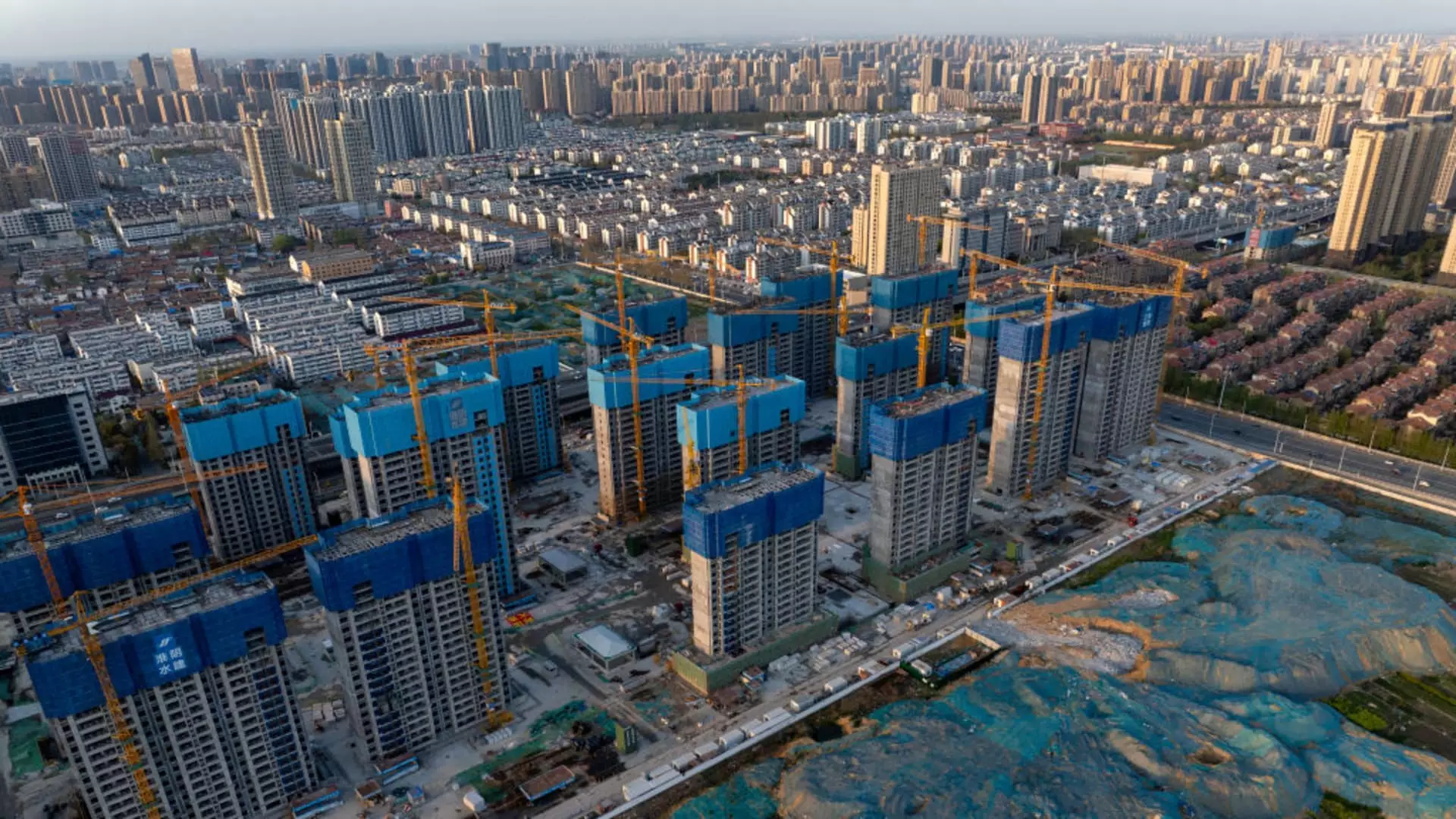The real estate market in China plays a significant role in the country’s economic activity. However, recent fluctuations in home prices have raised concerns about the overall health of the economy. As Richard Koo, chief economist at Nomura Research Institute, pointed out, convincing people that home prices are on the rise is crucial to stimulating economic growth. This article will delve into the current state of China’s real estate market and its implications on the broader economy.
The Troubling Trend of Declining Home Prices
In a recent analysis by Goldman Sachs, it was revealed that home prices in China experienced a steeper decline in January compared to February. This downward trend in prices has dampened business and consumer appetite for new loans, signaling a potential slowdown in economic activity. The fear of a “balance sheet recession,” similar to Japan’s economic slump, looms large as analysts express concerns about the sustainability of the current situation.
Richard Koo emphasized the importance of establishing a narrative that signals the bottoming out of home prices and the imminent rise in the market. Without a clear indication of a turnaround, people are hesitant to invest in property, leading to sluggish growth in the real estate sector. China’s policy-driven economy has helped to prevent drastic price drops in the housing market, but the lack of visible recovery has created uncertainty among investors.
Real estate and related sectors account for a significant portion of China’s economy, contributing to at least one-fifth of its GDP. As the property market struggles to stabilize, the overall economic growth is at risk of being hindered. China’s population decline further complicates the situation, making it challenging to justify borrowing and investing in real estate. The government’s shift towards new growth drivers such as manufacturing and new energy vehicles reflects the need to diversify the economy beyond real estate.
China’s economy officially grew by 5.2% in 2023, marking the first year post-Covid-19 controls. Despite this growth, Beijing has set a modest target of around 5% for 2024, prompting concerns among analysts about the need for additional stimulus. Chinese authorities have been cautious about implementing large-scale support measures due to the past failures of excessive stimulus packages. The 4 trillion yuan stimulus program launched after the global financial crisis led to overheating of growth and speculative activities, cautioning policymakers against repeating the same mistakes.
Future Outlook and Recommendations
Looking ahead, Richard Koo suggests that China should stimulate its economy to avoid a balance sheet recession but should be prepared to withdraw support once growth reaches 12%. Finding the right balance between providing stimulus and preventing excessive growth is crucial for sustaining long-term economic stability. Convincing the public of a positive outlook for the real estate market and taking measured steps towards recovery are essential for reviving economic activity in China.

